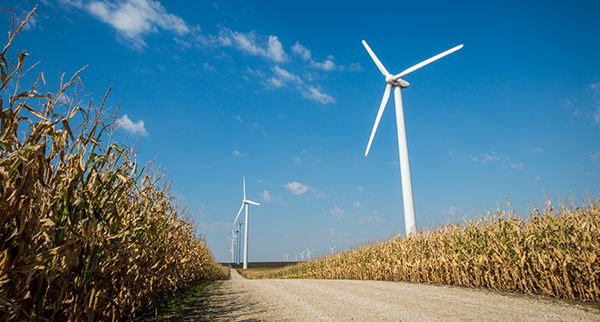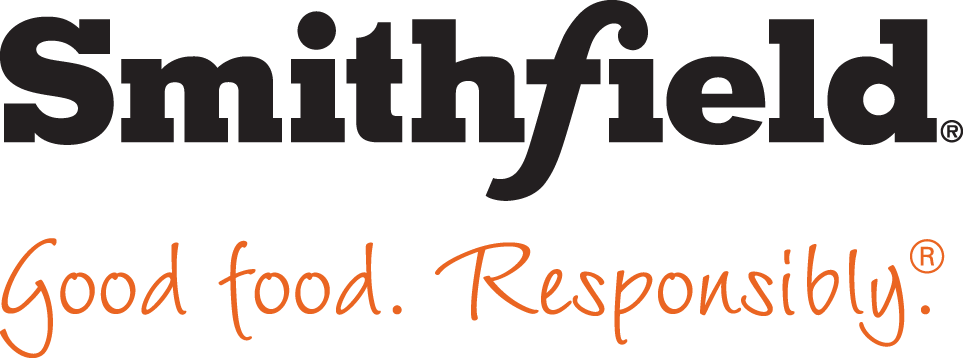From Hog Farm to Wind Farm — Feeding the World Using Sustainable Energy
By Stewart Leeth, Vice President of Regulatory Affairs and Chief Sustainability Officer

Originally published on LinkedIn
The tremendous growth of our planet’s population is constantly researched and estimated. The latest report suggests the world’s population could be 10.9 billion by 2100. How do you feed the world, producing quality protein for millions, while protecting the environment?
One way is to use sustainable energy. For the next 12 years, Smithfield Foods will purchase 75 megawatts (MW) of wind power from ALLETE Clean Energy, a company that owns and operates clean and renewable energy projects, to supply more than 15% of our domestic energy usage. This agreement brings us one step closer to our ambitious goal to shrink our carbon footprint and reduce greenhouse gas (GHG) emissions 25% by 2025. Learn more about our partnership with ALLETE Clean Energy here.
With a market that spans the globe, it’s imperative that we optimize our supply chain, reduce waste, and improve our energy and water efficiency. Adopting environmentally sustainable practices reduces our environmental impact and strengthens all aspects of our business.
For instance, several of our farms in the western United States have idle land with an abundance of sunshine and consistent winds, so we’ve partnered with renewable energy companies to make better use of that open space. These projects bolster the local power grid while generating lease income. They’ve also enabled us to lock in electricity rates for decades, which lowers costs in the short term and reduces our exposure to volatile fuel costs in the long term.
Purchasing wind power is the latest initiative in a long list of sustainability efforts that Smithfield has focused on for the past several decades. These efforts include turning manure into renewable energy on farms in North Carolina, Virginia, Utah, and Missouri. This renewable natural gas is a carbon-negative fuel because it captures significantly more GHG emissions from biomass than are released from its end use in power plants, homes, and businesses. This initiative provides value for our operations and creates opportunities for farmers, whom we work with to raise our hogs, to increase sustainability and profitability for their own family farms.
As we continue to transform our business through innovation to help us meet our responsibility to consumers, customers, employees, and the planet, we encourage others to do the same. Clean energy is a versatile tool to help companies do well by doing good. Sustainability has become a priority and developing a plan to use clean energy helps businesses decrease their environmental footprint and remain relevant in the market.

